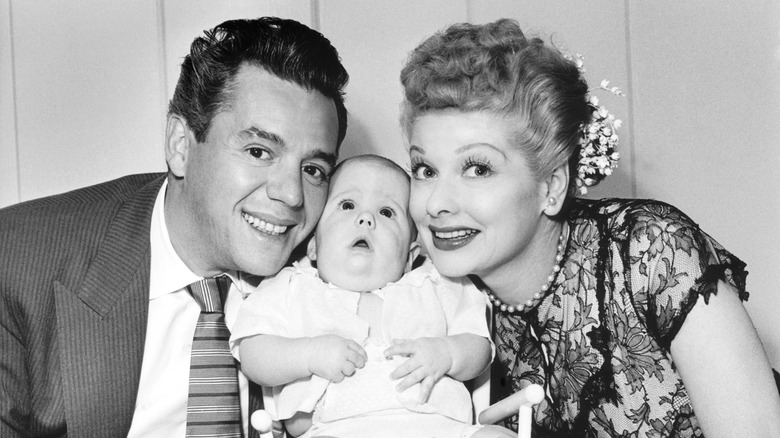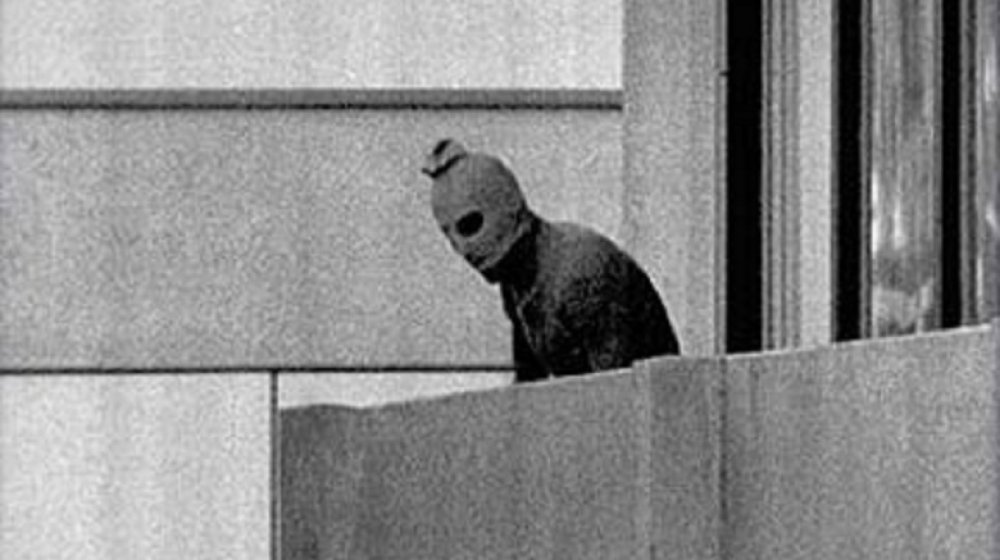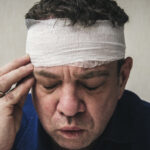
What’s The Difference Between Knockouts And Concussions?
Head injuries are always scary and dangerous and should be treated by a medical professional as soon as possible, but not all head injuries are equal. For example, when a person thinks of someone being “knocked out” or getting a concussion, they might think of a similar image of someone receiving a blow to the head and becoming unconscious. However, the two injuries are not interchangeable.
Per Scientific American, a concussion is defined as “an immediate but reversible traumatic paralysis of the nervous function of the brain.” It’s caused by a blunt trauma that causes the brain to bump into the interior of the skull from either the acceleration of the blow itself or the deceleration of the head’s muscles trying to stop the slamming from happening.
As reported by ZME Science, in terms of then getting knocked out from a blow, the blunt force trauma kills brain cells and causes a huge number of the brain’s neurotransmitters to fire at once, which can lead to a temporary paralysis that causes unconsciousness. Another possibility is the trauma jolting the sinus, which controls how blood and oxygen flows to the brain, causing a blackout.
See a doctor as soon as possible when dealing with concussion
A blow that causes a person to black out can also cause a concussion. However, someone could receive a concussion and not black out. In fact, according to UPMC Health Beat, over 90% of all concussions are not accompanied by a loss of consciousness, and a concussion accompanied by a knockout doesn’t automatically indicate a more serious injury or the necessity for a longer recovery period. In their 2011 study in which they analyzed symptoms following sports-related concussions in a sample of high school football players, just two out of 107 participants with longer recovery times reported a loss of consciousness under one minute.
Thirty-four players who reported dizziness and 35 who reported headaches had long recovery times. Other signs and symptoms reported by those who had been concussed included confusion, post-traumatic or retrograde amnesia, imbalance, dizziness, vision problems, personality changes, fatigue, and vomiting. The International Concussion Society recommends seeing a doctor within a day or two of a head injury if concussion is suspected and notes that the American Academy of Pediatrics recommends calling a child’s doctor if they receive anything heavier than a light bump on the head. Concussion outcomes are reportedly generally positive when treated quickly.

Why Brandon Lee Turned Down The Chance To Play His Father

Here's What The Amish Do On Vacation

The Truth About Amish Men's Fashion
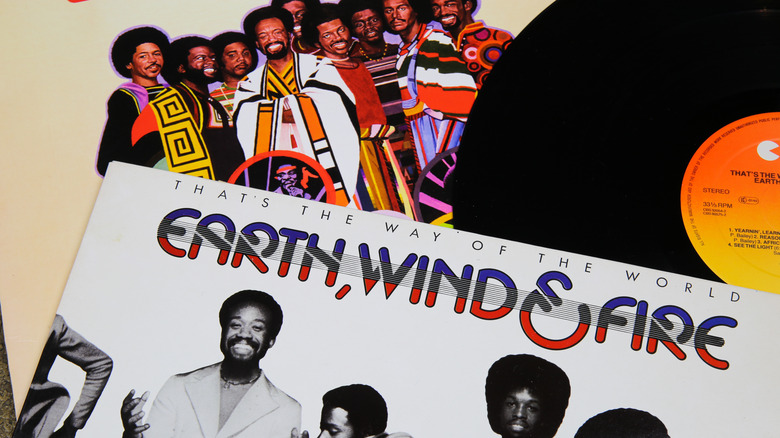
Here's Why Earth, Wind & Fire Sang About The 21st Of September

The Life-Saving Heroics Of Cholera Detective John Snow

The Alarming Speed Of The Average Tsunami

Do The Great Lakes Have Tides?

Here's How Much Godzilla Would Weigh According To Scientists
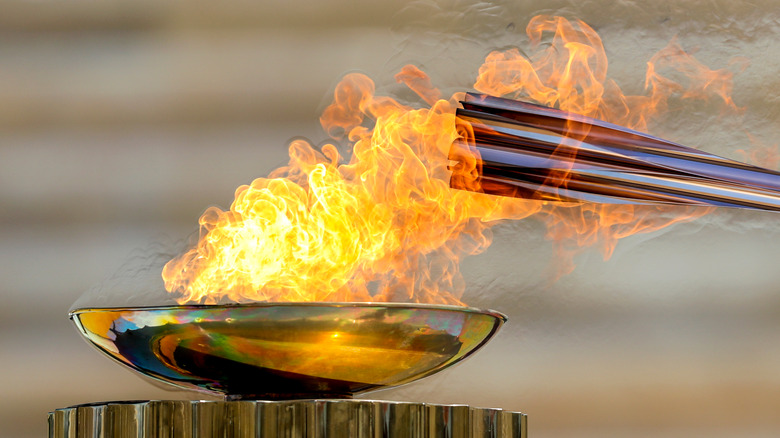
The Real Reason South Africa Didn't Compete In The Olympics For Over 20 Years

What The Union Jack Flag Really Means









